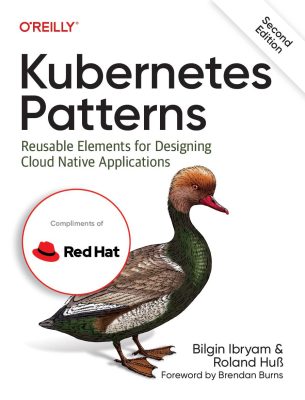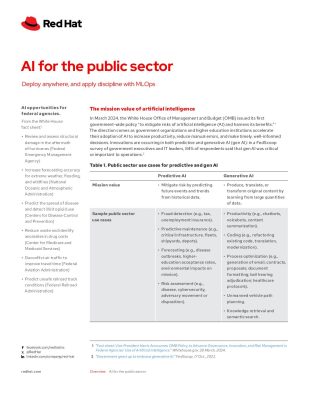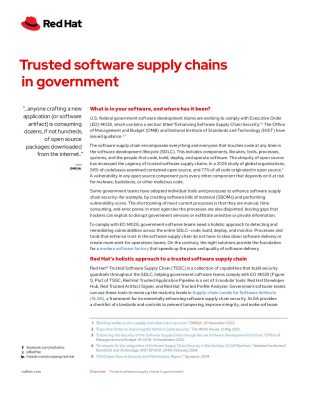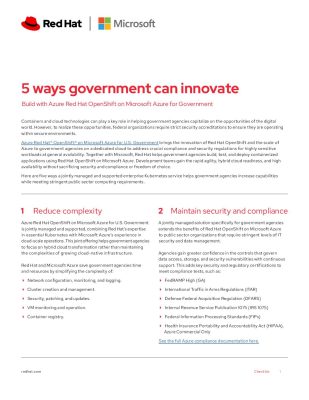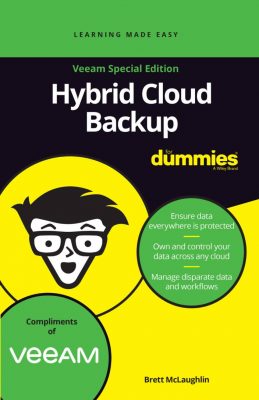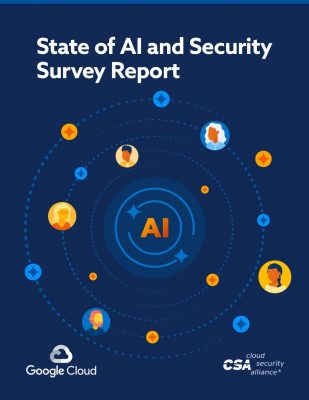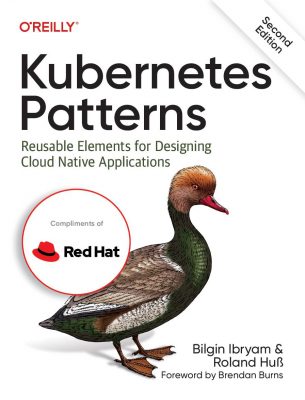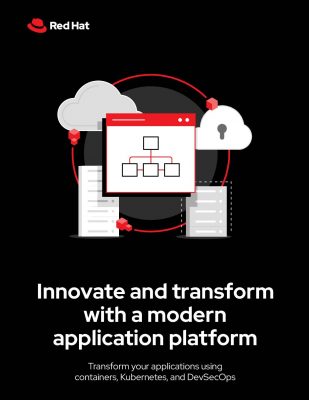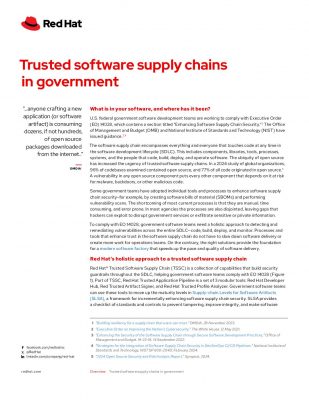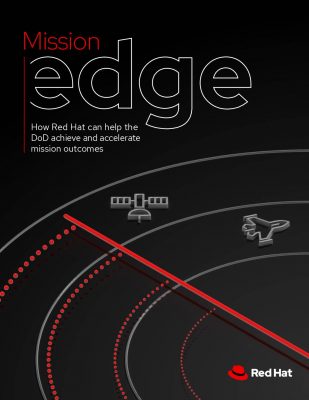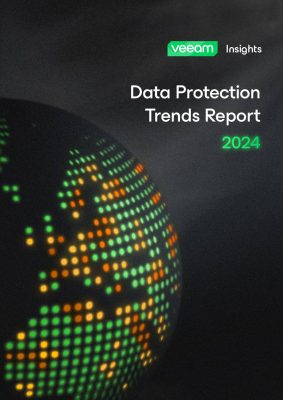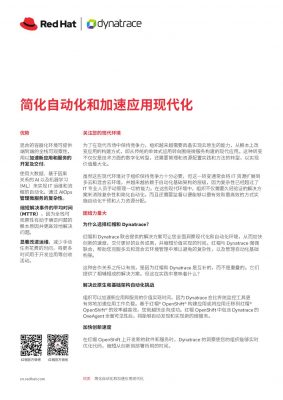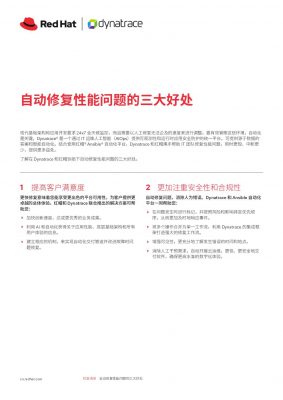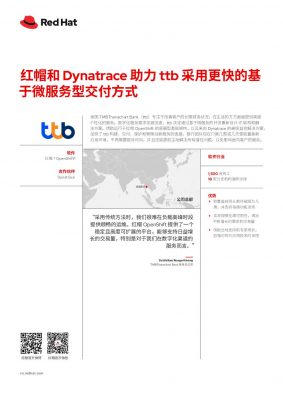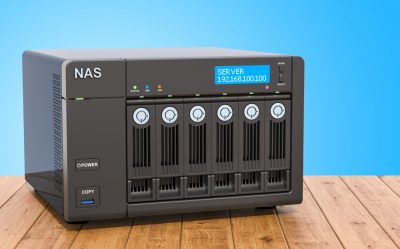Highlights:
- Sovereign clouds provide strong data governance and compliance with local regulations, ensuring data stays within specified regions.
- It is characterized by transparent and accountable data management to cultivate confidence in data privacy and security.
Darren Adcock, Senior Product Manager at Redcentric, says, “With global cyber security problems on the rise, the sovereign cloud provides an enhanced level of security with access controls and multiple layers of security.”
As organizations and governments face growing geopolitical tensions and evolving data security regulations, cloud sovereignty has come under heightened scrutiny. Maintaining control over critical assets and reducing external exposure have become essential objectives.
To better understand organizations’ priorities in the realm of cloud sovereignty, their role in their broader cloud strategies, and areas deserving of focused attention, we embarked on a quest for insights.
To grasp the importance of sovereign cloud solutions, we must begin our examination by delving into the notion of it.
What Is a Sovereign Cloud?
It is a specialized cloud computing architecture that falls into the semipublic cloud services category. It is exclusively owned, governed, and managed either by a particular nation or region or occasionally by a cloud provider catering to a specific geographic area. Ownership can rest solely with the local government or be shared among a consortium of public and private entities.
In essence, a sovereign cloud functions as a cloud computing environment that securely stores the data of individual organizations, including metadata, on servers situated within the geographical boundaries of their home country. This arrangement ensures compliance with local legislation while safeguarding data from foreign access. Essentially, a sovereign cloud hosts data exclusively within a specific country’s borders and operates under the jurisdiction of its legal framework.
It protects and empowers users, offering:
- Data access and integrity
- Data innovation and analytics
- Certified data security and compliance
- Cloud disaster prevention and recovery
Comprehending the sovereign cloud is essential for appraising its ability to tackle a multitude of challenges with practical solutions.
Which Challenges Are Mitigated by Sovereign Cloud Solutions?
A sovereign cloud is a tailored cloud computing ecosystem strategically crafted to tackle distinct issues and considerations linked to data sovereignty, security, and regulatory compliance. Now, let’s explore in greater detail the specific challenges that it seeks to resolve:
- Public clouds, managed by third-party providers, may have different security measures, potentially exposing your data to unauthorized access or misuse.
- Public cloud services utilize shared infrastructure, which increases the potential for data exposure and performance challenges. This shared environment can pose security and performance risks due to resource contention. In the case of hyperscale cloud service providers, they often enforce resource limitations, leading to cost inefficiencies and prompting organizations to migrate their workloads elsewhere.
- Due to varying legal and regulatory frameworks, public clouds may conflict with an organization’s security and compliance requirements. This issue extends to various data forms, including metadata, and has garnered media attention.
A sovereign cloud guarantees that data and metadata remain within a specific jurisdiction, barring foreign access. It prioritizes data security and value maximization. In the multi-cloud era, it provides mature solutions, including automation, security, and flexibility.
The solutions offered by the sovereign and self-sufficient cloud are more than just a technical choice; they are a strategic imperative in today’s interconnected, data-driven world, enhancing the benefits and playing a central role in cloud technology.
The Benefits of Sovereign Clouds
Sovereign Clouds are redefining the cloud computing landscape, focusing on data sovereignty, heightened security, and alignment with local regulations. This conversation delves into their advantages, spanning data security and reducing reliance on commercial cloud providers.
- They offer robust data governance and adherence to local regulations, guaranteeing data remains within designated regions. In contrast, public clouds may necessitate data transfers, even for purposes like backup, while sovereign clouds operate exclusively within the countries they cater to.
- They emphasize superior service availability and reliability compared to commercial providers, potentially due to their physical proximity to end-users and integrated applications.
- They offer customization to align with a country’s or organization’s unique requirements, encompassing compliance, data management, and processing capabilities. Furthermore, their establishment and upkeep can stimulate job creation and promote local economic development.
- With transparent and accountable data management, sovereign clouds foster trust in data privacy and security. They also enhance independence from commercial cloud providers, reducing reliance on foreign technology and infrastructure.
Diving into a real-life illustration of a sovereign cloud environment offers a practical perspective on how data sovereignty and security are effectively applied.
A Real-World Deployment of a Sovereign Cloud Environment
In the business context, sovereignty translates to complete control, which manifests in various dimensions:
- Data sovereignty
- Commercial or operational sovereignty
- Software sovereignty
A concrete example is the Azure sovereign cloud or Microsoft’s Azure Government, designed to meet U.S. government agencies’ strict compliance and security requirements. It offers a dedicated environment for storing and processing sensitive government data in line with U.S. government regulations.
Azure Government ensures top-tier security and compliance through physically isolated U.S.-based data centers and networks. It provides an added layer of protection compared to the global Azure services. This involves strict contractual commitments for storing customer data within the U.S. and limiting system access to screened U.S. personnel.
Azure sovereign cloud encompasses various essential services and capabilities tailored for government agencies:
- Data Sovereignty: Azure Government guarantees data remains within the United States, aligning with U.S. data sovereignty regulations.
- Compliance: It adheres to rigorous compliance standards, including FedRAMP, ITAR, DoD SRG, and CJIS, making it an ideal choice for government agencies with specific compliance requirements.
- Enhanced Security: The platform boasts advanced security measures and features to protect sensitive government data effectively.
- Dedicated Network Infrastructure: Azure Government maintains its reliable network infrastructure, eliminating data transit over public internet connections to bolster security.
- Local Data Centers: Microsoft operates dedicated local data centers exclusively for Azure Government, assuring that data never crosses U.S. borders.
Through this example, we observed the practical execution of sovereign cloud solutions, further enhancing our understanding of their real-world applicability in various use cases.
Use Cases of Sovereign Cloud
Sovereign cloud services hold relevance for a range of organizations, with a particular focus on those entrusted with sensitive data, including:
- Public institutions, like healthcare providers, educational institutions, and public utilities, manage extensive personal data.
- Governments with their most sensitive data, such as national security, citizen, and diplomatic comms, must maintain full control over data location.
- Banks and financial institutions manage sensitive financial data like transactions, customer accounts, and proprietary information. Sovereign cloud ensures the required security and privacy for this critical data.
- Military organizations handle highly confidential national defense, intelligence, and security data.
- Small and medium-sized enterprises (SMEs) frequently face resource constraints when it comes to investing in IT infrastructure and security measures.
Conclusion
In summary, sovereign cloud solutions are robust for evolving data security, compliance, and control demands. Tailored to meet the unique needs of organizations, they ensure sovereignty, heightened security, and adherence to regulations. These clouds enable data localization, fostering trust, reducing dependence on commercial providers, and contributing to economic growth.
As digital sovereignty gains significance, sovereign clouds are instrumental in navigating intricate regulatory landscapes while maintaining data control. They empower governments, institutions, financial entities, and SMEs to safeguard their data confidently.
Dive deeper into such interesting insights with our collection of cloud-related whitepapers.
